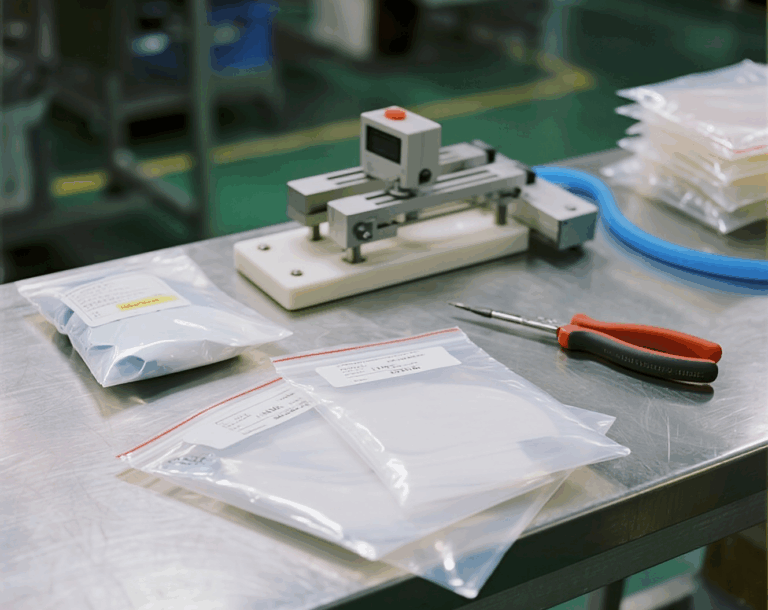Ground Anchor Bolts vs Expansion Bolts: Key Differences
Home » Ground Anchor Bolts vs Expansion Bolts: Key Differences
RECENT POSTS
Share:
- July 15, 2025
Table of Contents
When it comes to securing structures or equipment, choosing the right fastener is critical. Among the most commonly compared options are ground anchor bolts and expansion bolts. While both serve as essential anchoring solutions, their designs, applications, and performance characteristics differ significantly. Understanding these differences will help you make an informed decision for your project.
Understanding Ground Anchor Bolts and Expansion Bolts
What Are Ground Anchor Bolts?
Ground anchor bolts are embedded into concrete or soil foundations to provide a permanent and stable connection between the foundation and the structure. They are often pre-installed before concrete sets, ensuring strong resistance against pull-out forces, vibrations, and external loads.
Typical uses for ground anchor bolts include:
-
Securing structural steel columns
-
Anchoring heavy machinery and industrial equipment
-
Supporting outdoor installations like light poles and towers
What Are Expansion Bolts?
Expansion bolts, on the other hand, are designed for post-installation anchoring. They are inserted into pre-drilled holes and then expanded mechanically to create a tight grip against the walls of the hole. This makes them ideal for applications where retrofitting or adjustments are needed.
Common applications include:
-
Mounting handrails or brackets to concrete or masonry
-
Installing signage or lightweight fixtures
-
Temporary anchoring solutions
Key Differences Between Ground Anchor Bolts and Expansion Bolts
1. Installation Process
-
Ground Anchor Bolts
-
Installed before pouring concrete or driving into soil.
-
Requires precise placement since adjustments are not possible post-installation.
-
-
Expansion Bolts
-
Installed after concrete has cured.
-
Allows for flexibility and repositioning if necessary.
-
2. Load Capacity and Structural Integrity
-
Ground Anchor Bolts
-
Offer higher load capacity due to integration with the foundation.
-
Ideal for heavy-duty applications and dynamic loads.
-
-
Expansion Bolts
-
Suitable for medium to light loads.
-
Performance may vary depending on the quality of the concrete or masonry substrate.
-
3. Durability in Harsh Environments
When used in outdoor or corrosive environments:
-
Ground anchor bolts often come with galvanized or stainless steel finishes to resist corrosion, making them reliable for long-term use.
-
Expansion bolts may also include coatings but tend to have a shorter service life under similar conditions.
Choosing Between Ground Anchor Bolts and Expansion Bolts
Evaluate Project Requirements
When deciding between these two types of fasteners, consider:
-
Nature of the Load: Is it static, dynamic, or subject to vibration?
-
Permanence of Installation: Do you need a long-term solution or a removable one?
-
Environmental Exposure: Will the installation face moisture, chemicals, or temperature extremes?
| Ground Anchor Bolts | Expansion Bolts | |
| Pros | High load capacity Permanent and stable anchoring Resistant to environmental stress |
Flexible installation Cost-effective for light-duty tasks Easier to use for retrofitting |
| Cons | Requires pre-installation planning No room for repositioning |
Limited load capacity Performance depends on substrate integrity |
Expert Tips for Selecting the Right Fastener
-
Consult Structural Engineers: For large-scale projects, always involve experts to determine the appropriate specifications.
-
Inspect Material Quality: High-grade steel and proper coatings are essential for longevity.
-
Follow Manufacturer Guidelines: Incorrect installation can compromise even the highest-quality bolts.
Applications Where Ground Anchor Bolts Outperform
There are certain scenarios where ground anchor bolts are the clear choice:
-
Construction of bridges, towers, and large steel structures
-
Anchoring wind turbines or transmission poles
-
Securing equipment that operates under intense vibrations
Applications Better Suited for Expansion Bolts
Expansion bolts shine in settings such as:
-
Installing wall-mounted shelves or racks
-
Fastening equipment in finished concrete floors
-
Temporary anchoring in renovation projects
The Bottom Line: Making the Right Choice
Both ground anchor bolts and expansion bolts have their place in construction and installation. The key lies in understanding the specific demands of your project. For permanent, high-load anchoring in foundations, ground anchor bolts are unmatched. For lighter, post-construction fastening, expansion bolts offer convenience and versatility.
By assessing load requirements, environmental conditions, and the permanence of the installation, you can confidently select the right solution to ensure safety and longevity.
0



